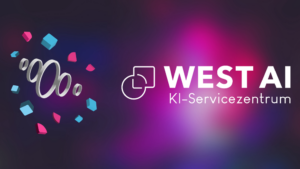Schlagwort: ‘KI’
ZKI “Training” Working Group in Wolfenbüttel
The ZKI working group “Training” has invited to a joint meeting in Wolfenbüttel from May 14 to 16, 2024. As trainers in the Service and Communication department at the IT Center, we were of course there to exchange ideas with 10 other universities from all over Germany.
We dealt with the following questions, among others:
“How does training work at other universities? What is the recruitment and induction process like? What do modern job interviews look like for us?
Ethical Decision-Making in IT
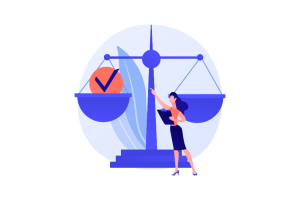
Source: Freepik
From automated decision-making to data protection and privacy issues, technological developments have a significant impact on society. Today, information and communication technologies have become a matter of course and indispensable in all areas of life. Ethics has long been an issue in business and the world of IT is also increasingly concerned with moral issues. In the context of artificial intelligence (AI) in particular, such conflicts are becoming increasingly prominent. In today’s blog post, we want to shed light on ethical influences in the IT sector.
Pioneering Steps into the Future of AI
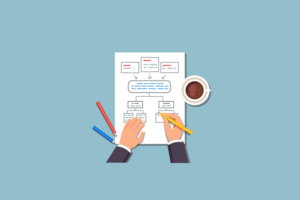
Source: Freepik
Germany has taken significant steps in recent years to advance the development and application of artificial intelligence. The country’s AI action plan and digital strategy form the backbone of these efforts, setting out guidelines and measures to promote AI innovation.
SC 2023 in Denver: A Review

Source: Own illustration
Supercomputing (“SC”) is the largest international conference in the research field of high-performance computing. Here, researchers and industry partners from all over the world discuss current topics in high-performance computing. The conference takes place annually in the USA, this year under the motto “I Am HPC.” from 12 November to 17 November in Denver, Colorado. A total of 14,000 participants and 438 exhibitors came together this year. The HPC Group from the IT Centre was also there with six participants.
WestAI: The AI Center in Western Germany
Artificial intelligence (AI) is driving technological progress at an unprecedented speed, revolutionizing numerous industries and opening up enormous potential for the automation of intelligent tasks or the development of completely new products and services. While the introduction of AI is progressing rapidly in other parts of the world, Germany is still lagging far behind in both business and science, even though AI is considered a relevant topic by most. This is due to a lack of access to hardware resources and adequate services to support users, combined with a research gap in the development of scalable methods and systems.
IT Fairy Tale Hour – What’s Behind the Myths?
Welcome back to the IT fairy tale hour! Today, we dive once again into the fascinating world of IT myths. There are some mysterious myths to discover about Artificial Intelligence.
Today: Part 3 – The Enchanted AI World
AI – Hero of Time Saving
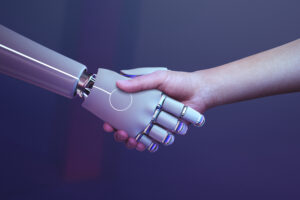
Source: Freepik
Artificial Intelligence (AI) is becoming more and more known. Not least by technical innovations, like ChatGPT. In addition to research, people from outside the field are slowly making use of the useful properties of Artificial Intelligence. You want to take part in the conversation? We’ll explain the features of Artificial Intelligence and how you can use them in your student life.
Artificial Intelligence – Curse or Blessing for IT Security?
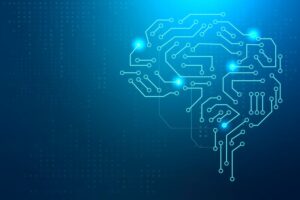
Source: Freepik
We are increasingly coming across the term “artificial intelligence” (AI). Whenever we come across this term that has become a fashionable phenomenon in the media, there are regularly reports about self-thinking AI, fully autonomous means of transport or other similar applications. For many of us, it can be hard to figure out what is actually meant by the term. However, the application areas of AI that seem to be particularly popular in the media are in reality only a very small segment of the actual application field of AI. Many a user would probably even be surprised to know in which areas AI is already being implemented today. In this article, we would like to take a closer look at the term and explain what role artificial intelligence can play in the field of IT security.



